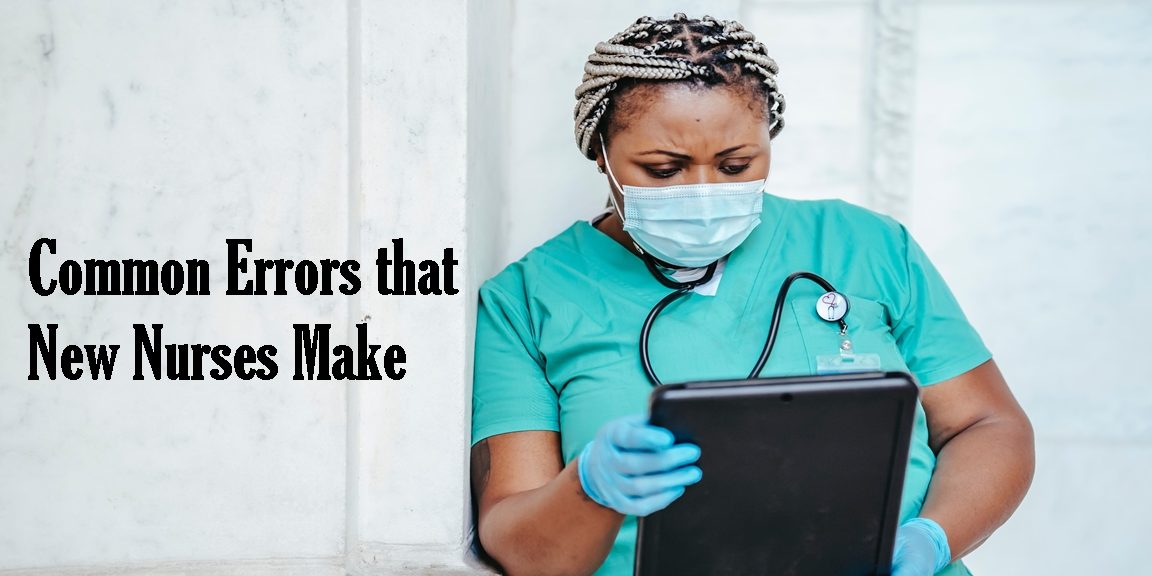Medication errors are a problem in the UK, as they are in other countries. They occur due to many reasons – from lack of knowledge and training to workload and time pressures. There are many types of medical errors and they can occur anywhere in the system – from pharmacies and hospitals to care homes. If you are a new nurse, here are some common errors that you should steer clear of:
- Addressing the patient using the wrong name: Though this may seem like a harmless mistake, it can be dangerous in some cases. Addressing a patient with the wrong name while talking to him or her in itself is not harmful. But when it comes to giving medication, using the wrong may lead to confusion and you may end up giving the wrong medications. To avoid this mistake, you should always cross-check the name on eMAR charts or paper MAR charts before administering a medication. Even if you are aware of who the patient is, make it a point always to ask and verify.
- Updating the doctor without complete information: While attending patients day in and day out, it may seem that you know everything about their medical health. However, while updating a doctor it is always important to keep the patent’s MAR charts and other important documents handy. Before the doctor’s call, be prepared with your findings so that you do not miss out on crucial information about the patient’s health.
- Committing a medication error: Forgetting to administer a dose or giving the right medication but in the wrong quantity, or administering medication incorrectly are some of the common medication errors nurses make. An effective way to avoid such mistakes is to strictly adhere to the 8 Rs of medication administration:
- Right patient
- Right medication
- Right dose
- Right route
- Right time
- Right documentation
- Right response
- Right to refuse
- Not reporting the medication error: If you are a new nurse who has committed a medication error, it is best to own it up and take the responsibility of informing the healthcare team or the doctor concerned. New nurses often try to cover up medication errors fearing poor perception by peers and seniors. You must remember that patient safety is your first priority and reporting and documenting a medication error can ensure that the patient gets immediate medical help, if needed.
- Not asking questions: Nursing is a complex job where you will learn new things every day. However, it is important that you do not feel intimidated or overwhelmed and ask questions whenever you are in doubt. Making assumptions may comprise patient safety. For instance, if you have to administer medicine but you do not know how to, it is best to seek help and do it under the supervision of a senior nurse.
Benefits of eMAR charts in medication administration – how it improves medication safety?
Medication administration in nursing homes involves numerous processes and errors can occur anywhere. With the eMAR nursing chart, nursing homes can reduce the risk of medication errors through a streamlined medication administration. From alerting nurses when the next dose is due to instantly checking the patient’s recorded medical information, the use of eMAR charts in medication administration has many benefits. To know how eMAR can benefit residential and supported living environments, book a demo today.







